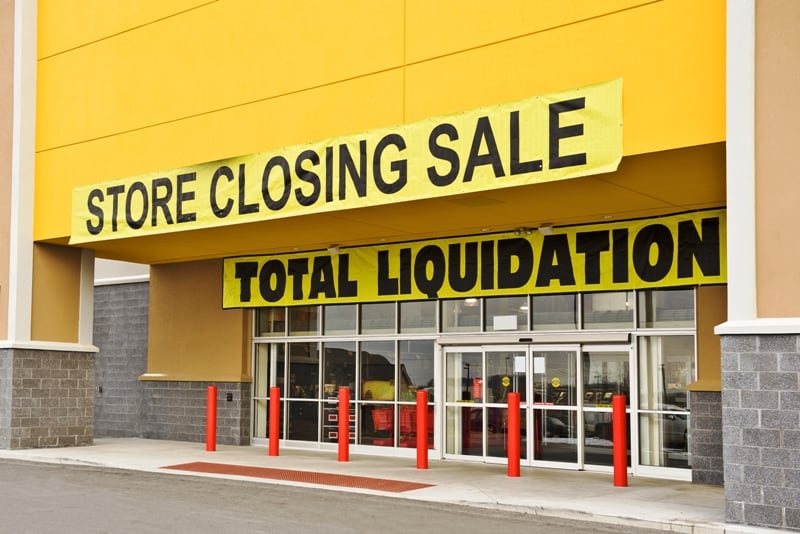Written by the Franchise Matchmakers Team
After the onset of the COVID-19 pandemic, businesses of all kinds began to struggle. With fewer consumers leaving their homes and demand for nonessential products and services plummeting, most consumer activities came to a standstill. The situation forced franchise businesses to devise ways to adapt to the new conditions.
Unfortunately, not every business was prepared to survive the trials of 2020 and many are still suffering. In February 2021, a store tracker by Coresight Research found that “2,222 store closures by major US Retailers will result in 31 million square feet of closed retail space in 2021.” Bloomberg reports that food and drink establishments appeared to suffer the most, with over 110,000 restaurants or bars closing in 2020. For many struggling businesses, the best or only solution was to file for bankruptcy, and franchises in Denver, CO are no exception.
How do Franchisors File for Bankruptcy?
When a franchise suffers enough that the owner decides to file bankruptcy, there are two different ways to do so: Chapter 7 and Chapter 11. Chapter 7 bankruptcy is for franchisors whose goal is to liquidate their entire business. This is done by a court-appointed trustee who will oversee the process of settling any debts owed by the company. By disposing of all business assets, this trustee can divide the money equally to pay off all of the franchise’s creditors. With Chapter 7, franchisees will likely be left with little to no assistance and the responsibility to de-identify their businesses.
Chapter 11 bankruptcy, on the other hand, is a way for a franchisor to “reorganize” their financials. If accepted, the court will erase some of the franchisor’s debts and allow them to pay off others. This is done to help a business get back on its feet, so long as the franchisor is still able to adhere to their franchise agreement.
What Does Bankruptcy Mean for Franchisees?
In the eyes of the U.S. Bankruptcy Court, the active franchise agreement is a contract in which each party is obligated to “assume the contract.” This means that both franchisor and franchisee must continue performing their duties to avoid breaching the contract. In order to assume the contract, the court requires franchisees to prove their decision to file for bankruptcy is in their best interest as well as that of the creditors and bankruptcy estate. That said, in both Chapter 7 and Chapter 11 bankruptcies, franchisees are likely to lose at least a portion of their previous support. This is why it’s important to know the principles of franchise ownership before you buy a franchise.
What Issues May Arise for You?
A few difficulties franchisors and franchisees experience when the franchise experiences bankruptcy include:
- Negative press. When a franchise goes bankrupt, both the franchisor and the franchisees will likely face negative publicity surrounding the bankruptcy. In most cases, this results in decreased consumer confidence and revenue.
- Lease obligations. Franchisees whose leases are owned by a landlord without any sublease from the franchisor may be able to seamlessly transition into running their business independently. Those with a sublease, however, may be required to cease operations on the premises.
- De-identification. If a franchise is being shut down rather than salvaged, any trademarked materials must be removed from franchisee property before the business is abandoned or continues to operate independently.
If your franchise experiences bankruptcy, it is essential to maintain open communication with the franchisor. When combined with flexibility and leadership, transparency will give your franchise the best chance at survival.
Franchise Matchmakers is a team of franchising professionals that are dedicated to helping people explore business ownership as a career path. Contact them at info@franchisematchmakers.com to find out more about Denver, Colorado franchising options that are perfect for you.





